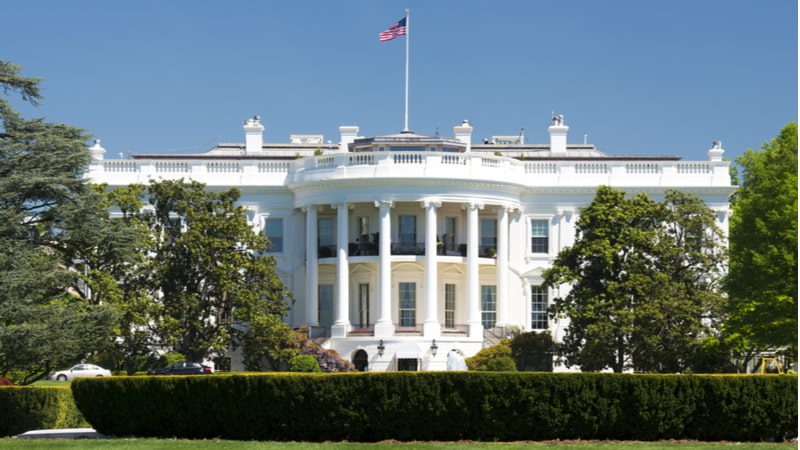
During his first public address in Washington, D.C., today, the White House’s newly confirmed National Cyber Director (NCD) Harry Coker keyed on several initiatives ONCD has in the works to further implement President Biden’s National Cybersecurity Strategy (NCS).
During the opening keynote of ITI’s “The Intersect: A Tech and Policy Summit,” Coker said that the White House plans to soon release a progress report on the NCS’s efforts to date as well as teeing up the next phase of the strategy’s implementation plan.
The Biden administration released its much-anticipated NCS in March, harnessing the full power of the Federal government to promote better security, and wrapping private sector interests more fully into the effort.
The strategy features multiple focus points, including continuing efforts to improve security in already-regulated critical infrastructure sectors, a high-level goal of shifting more security responsibility onto providers of tech products and services, and a robust focus on using “all tools of national power” to go after attackers.
Implementation of the strategy is underway under the coordination of ONCD, which produced the plan. Notably, ONCD also published marching orders last July to implement the NCS. The implementation plan lays out 69 “high-impact” initiatives tasked to 18 separate Federal agencies, with a timeline for completion.
Both the strategy and its implementation plan were spearheaded by former ONCD chiefs Chris Inglis and Kemba Walden.
“Allow me to share my take on this important strategy,” Coker said today. “I see it as bold because of the underlying vision and the tenacity. The work of the office sets out explicitly the hard problems that we have to solve, and it takes them head on.”
“What makes the National Cybersecurity Strategy bold is its clarity that the hard problems – issues once deemed too complicated – are precisely what we need to tackle in order to seize the initiative from those who consider harming our nation,” Coker continued, adding, “my predecessors at ONCD made a clear commitment to transparency and accountability by publishing the National Cybersecurity Implementation Plan.”
“Trust is built on openness, and we commit to you that when we do report on our progress, you will hear about not just where we succeeded, but where we came up short with the intent of getting better. And in the coming months, you’ll see us report on our efforts to date and the next phase of the strategy’s implementation,” Coker said.
In other areas of the NCS, Coker highlighted that ONCD is working with the academic community and legal experts to explore different liability regimes to hold software manufacturers accountable when they rush insecure code to market.
“We will soon be engaging with you to hear the private sector perspective,” the cyber czar said.
Coker also highlighted ONCD’s work on minimizing compliance burden on companies. “We’re working with partners across the interagency to harmonize requirements and using the feedback that many of you have already provided us in response to our request for information,” he said.
Separately, he said, “The strategy says we need to develop a diverse and robust national cyber force to meet the challenge of this decisive decade. So, we are working aggressively to build and foster ecosystems and communities across the nation to fill the more than half a million cyber jobs that are available today.”
During his first public remarks as NCD in January, Coker visited that Community College of Baltimore County and announced several initiatives to “aggressively” fill vacant cyber positions within the Federal government, including conducting a series of cyber hiring sprints.
“We’ll be doing some more events across the country exposing people to opportunities,” Coker said today.
Also on the workforce front, Coker said that ONCD is developing guidance to help agencies eliminate unnecessary degree requirements for contracted cybersecurity positions.
“While this has been mandated for years, it’s another tough challenge that has yet to be fully implemented,” the NCD said.
